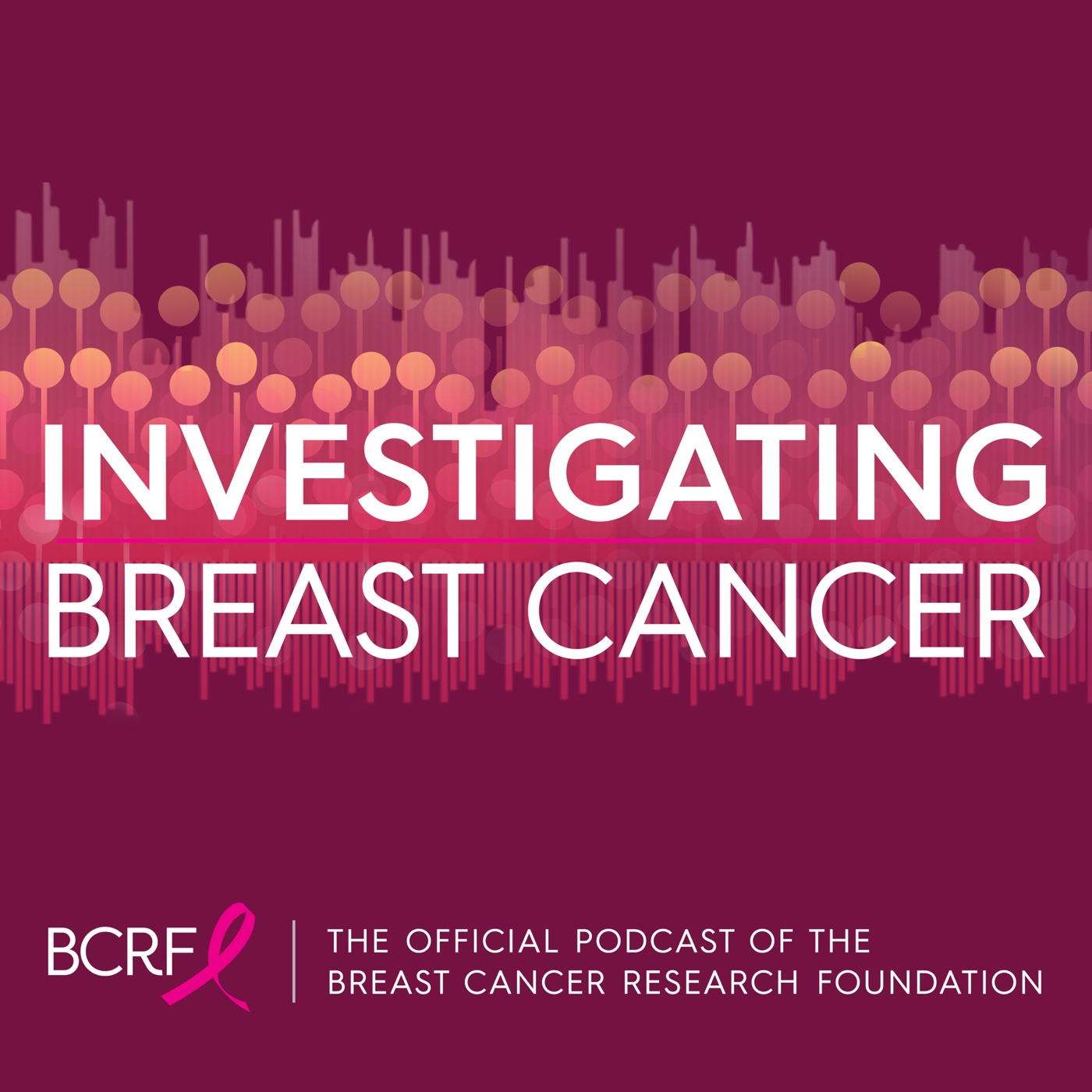Episodes
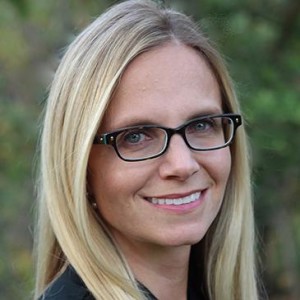
Monday Oct 17, 2022
Monday Oct 17, 2022
About 30 percent of people diagnosed with early-stage breast cancer will experience a recurrence and develop metastatic disease. Dr. Christina Curtis and her colleagues are working to uncover why recurrence (when breast cancer comes back) and metastasis (when it spreads to other areas of the body beyond the breast and lymph nodes) happens.
A BCRF investigator since 2011, Dr. Christina Curtis is an endowed professor of medicine and genetics at Stanford University, where she leads the Cancer Computational and Systems Biology group and serves as the director of Breast Cancer Translational Research and co-director of the Molecular Tumor Board at the Stanford Cancer Institute.

Tuesday Jul 19, 2022
Tuesday Jul 19, 2022
In the latest episode of BCRF’s official podcast, Investigating Breast Cancer, Dr. Hyman Muss explores the need for more research in the geriatric oncology field. Thanks to Dr. Muss and others, much has been learned about breast cancer in elderly people—but there’s still much more to uncover. A BCRF investigator since 2000, Dr. Muss is professor of medicine at the University of North Carolina School of Medicine and director of the Geriatric Oncology Program at the UNC Lineberger Comprehensive Cancer Center.
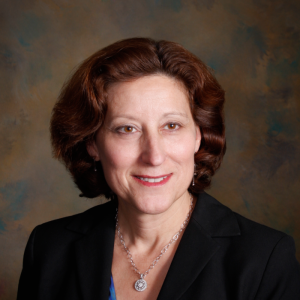
Tuesday Jun 21, 2022
Tuesday Jun 21, 2022
What is triple-negative breast cancer and how is it identified? How can triple-negative breast cancers escape the immune system? And how can determining whether circulating tumor DNA in blood samples be used to predict metastatic breast cancer or treatment resistance in patients with aggressive disease?
BCRF investigator since 2007, Dr. Hope Rugo answers these questions and many more on the latest episode of Investigating Breast Cancer.
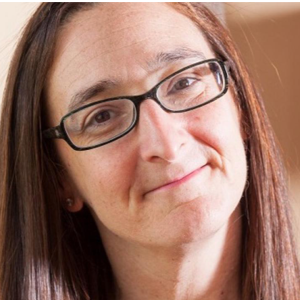
Tuesday Apr 19, 2022
Tuesday Apr 19, 2022
Many extraordinary new treatments, diagnostic tests, and procedures for breast cancer patients have been introduced in the past decade—and more are needed and sure to come. But researchers are still exploring ways to improve health disparities in cancer care delivery, quality of care, and quality of life for patients and thrivers.
In this latest episode, we spoke to BCRF Investigator since 2008, Dr. Dawn Hershman, on ways to shrink these gaps in care.
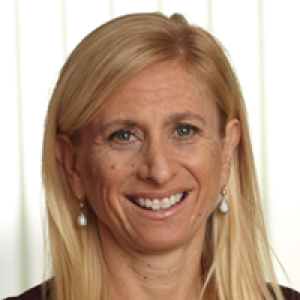
Tuesday Mar 01, 2022
Tuesday Mar 01, 2022
Triple negative breast cancer (TNBC) makes up about 15 percent of all the breast cancers diagnosed. And, better therapeutic strategies are urgently needed to treat this breast cancer subtype. BCRF Investigator, Dr. Elisa Port is working to combat drug resistance in TNBC by developing a drug for the protein PRKCQ—a promising therapeutic target that may make TNBC more responsive to chemotherapy.

Wednesday Feb 02, 2022
How Diet and Lifestyle Influence Your Breast Cancer Risk with Dr. Graham Colditz
Wednesday Feb 02, 2022
Wednesday Feb 02, 2022
Can cancers resulting from lifestyle choices be preventable? What foods should you be eating to reduce your risk of breast cancer? And what non-lifestyle decisions should be considered when looking to reduce their risk?
Dr. Graham Colditz, a BCRF investigator since 2004, has spent decades diving into these questions and more. Dr. Colditz is an internationally recognized leader in cancer prevention. As an epidemiologist and public health expert, he has a longstanding interest in the preventable causes of chronic disease, particularly among women. He is also interested in strategies to speed translation of research findings to prevention strategies that work.
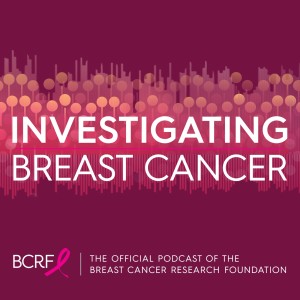
Tuesday Dec 21, 2021
BCRF’s 2021 Boston Hot Pink Symposium
Tuesday Dec 21, 2021
Tuesday Dec 21, 2021
BCRF’s annual Boston Hot Pink Luncheon and Symposium convenes the Foundation’s dedicated New England–based supporters to honor the area’s investigators and raise additional funds for lifesaving breast cancer research.
This year’s virtual program included an outstanding expert panel of BCRF investigators, moderated by BCRF Scientific Director Dr. Judy Garber. The panelists discussed novel breast cancer therapies and what’s on the horizon in research. The symposium panelists included Dr. Melinda Irwin, Dr. Elizabeth Mittendorf, and Dr. Dennis Sgroi.
We’re proud to make their discussion available in this special episode of Investigating Breast Cancer.
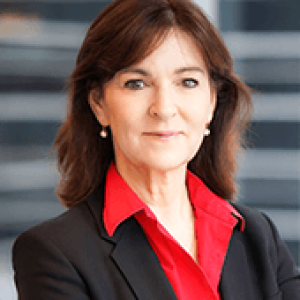
Wednesday Dec 08, 2021
Artificial Intelligence and the Future of Breast Cancer Research with Dr. Connie Lehman
Wednesday Dec 08, 2021
Wednesday Dec 08, 2021
Effective medicine has always relied on clear and verifiable diagnoses. Of course, for patients, the wait and uncertainty of diagnostics can be especially trying.
BCRF investigator since 2019, Dr. Connie Lehman, is among the scientists and practitioners trying to change that. And she’s doing it in myriad ways to drastically reduce wait times and detect cancers earlier. Dr. Lehman is a professor of radiology at Harvard Medical School, and chief of Breast Imaging and co-director of the Avon Comprehensive Breast Evaluation Center at the Massachusetts General Hospital.
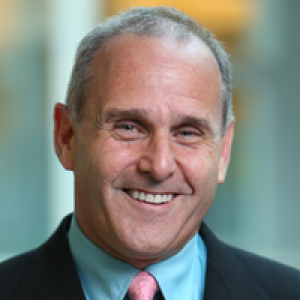
Friday Nov 12, 2021
Friday Nov 12, 2021
Can breast cancer be found with a blood test? What role do genes and proteins play in developing cancer? What, exactly, are personalized diagnostics? We spoke with BCRF investigator Dr. Joshua LaBaer to answer these questions and more.
Dr. LaBaer is one of the country’s foremost investigators in personalized medicine. He serves as executive director of the Biodesign Institute, director of the Biodesign Virginia G. Piper Center for Personalized Diagnostics, and the Dalton Endowed Chair of Cancer Research at Arizona State University. Dr. LaBaer's research involves discovering and validating biomarkers to detect cancer and other diseases early.

Thursday Oct 14, 2021
Understanding Global Breast Cancer Disparities with Dr. Temidayo Fadelu
Thursday Oct 14, 2021
Thursday Oct 14, 2021
While academic and medical research has led to incredible breakthroughs in breast cancer care—including new treatments and screening methods—these advances have not reached every patient in every corner of the globe. With breast cancer now the most commonly diagnosed cancer in the world, it’s critical that lifesaving advances are deployed more equitably and universally—especially to women and men in lower-income and -resource countries. Dr. Fadelu discussed his work that lies at the intersection of breast cancer and global health services research
Each year, BCRF underwrites several grants to breast cancer researchers in partnership with Conquer Cancer, the ASCO Foundation. Dr. Temidayo Fadelu recently received the Career Development Award for Diversity, Inclusion and Breast Cancer Disparities. His BCRF-supported project aims to improve adherence to endocrine therapies among patients in Rwanda and Haiti.

